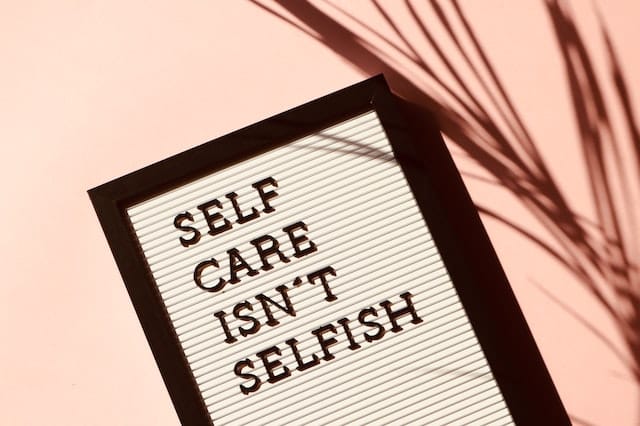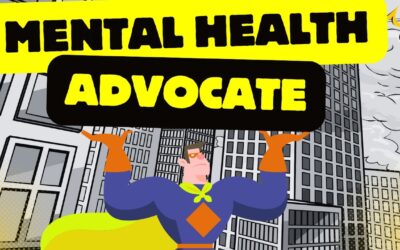
If you want to improve your mental health and well-being, you need to start by breaking bad habits. Habits can be hard to break, but taking steps to identify and address them can make a huge difference.
Here are some of the most common habits that could be impacting your mental health and some tips on how to quit them:
Not taking ‘me’ time:
It can be tempting to say yes to everything, but if you overcommit yourself, it can lead to burnout and stress. Instead, make sure that your schedule includes some dedicated time for relaxation and self-care – take a bath, read a book, watch your favorite TV show, or do anything that brings you joy!
Negative self-talk:
When people make negative comments about themselves in their own heads, it can have serious consequences, such as low self-esteem and depression. To fight back against negative thoughts, try writing down three positive things every day, along with the evidence behind why they are true.
Not getting enough sleep:
Lack of sleep can lead to feeling tired, irritable, and unfocused during the day. Try setting a regular bedtime routine like turning off screens an hour before going to bed, engaging in relaxing activities such as reading or meditating, avoiding caffeine late at night, and ensuring your bedroom environment is comfortable and dark.
Social media overuse:
It’s easy to get caught up in the world of social media and end up comparing ourselves to others. To break this habit, limit your screen time by setting timers, and be sure to take breaks from scrolling. Also, try being more intentional with whom you follow and mute or unfollow people who make you feel bad about yourself.
Not setting boundaries:
Saying yes all the time can feel like an easy way out of awkward situations, but not drawing boundaries can leave you feeling overwhelmed and taken advantage of. Make sure to practice saying no when necessary and set limits with people in your life so they know what is acceptable behavior around you.
Not speaking up:
Bottling up your feelings can have serious consequences on mental health, so it’s important to find someone you trust and feel comfortable with to talk to. Don’t be afraid to express yourself and share your needs – talking about problems is a surefire way to help you get through them!
Drug and alcohol abuse:
Using drugs and alcohol to cope with mental health issues is never a good idea, as they can worsen symptoms. If you find yourself using substances to manage your emotions, it’s important to reach out to a professional and outpatient rehab for help as soon as possible. There are also support groups available that can provide guidance and advice on how to limit substance abuse.
Procrastination:
It’s easy to put off tasks or activities because they seem too difficult or boring. But if this becomes a regular habit, it can lead to feelings of guilt, stress, and lowered self-esteem. To help get over procrastination, set small achievable goals for yourself and reward yourself for completing them. Also, try distancing yourself from distractions and create a routine or schedule to help you stay on track.
Breaking a habit can be difficult but also rewarding. Make sure to give yourself plenty of encouragement to make even small improvements, and soon enough, you will find yourself feeling better mentally!

![Employee Assistance Program (EAP) Services [2024]](https://mikeveny.com/wp-content/uploads/2024/03/maxresdefault-6-400x250.jpg)

